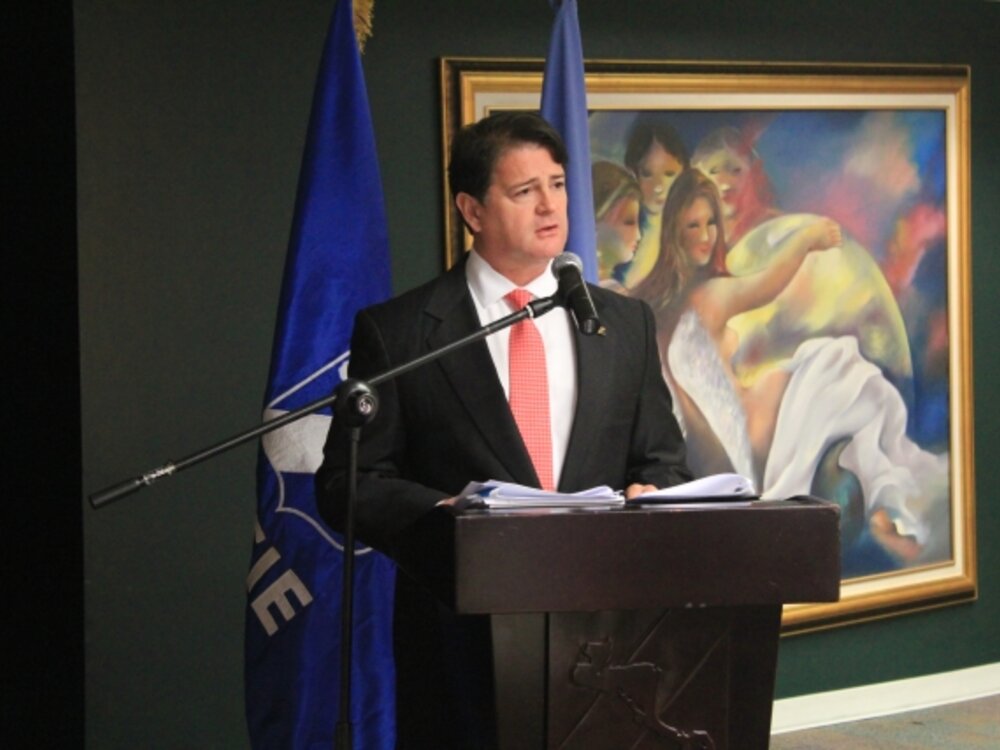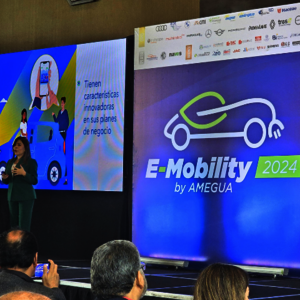CABEI and UN Women Sign Agreement for Joint Action on Gender Equality in the Region

A focus on gender equality complements CABEI’s promotion of balanced economic and social development.
Tegucigalpa, July 28, 2014. - In its effort to promote Central America’s balanced economic and social development with a gender perspective, the Central American Bank for Economic Integration (CABEI) signed a memorandum of understanding with the United Nations Entity for Gender Equality and the Empowerment of Women, UN Women.
The agreement establishes mechanisms to manage relations between CABEI and UN Women in order to effectively contribute to promoting gender equality and the economic empowerment of women.
The document was signed by Acting CABEI Executive President Alejandro Rodríguez Zamora and Anna Coates, the UN Women interim Regional Director for the Americas and the Caribbean. Both expressed their satisfaction with the joint efforts that have been carried out and their desire to continue contributing to institutional strengthening and capacity building so that the region’s countries are able to increase gender equality and women empowerment at every level.
To that end, specific projects will be carried out to expand access to assets for Central American women. These projects will focus on the most vulnerable women, including women farmers, women of ethnic origin, young women and microentrepreneurs, while promoting a regional debate about the issues of gender and finance and gender and economics, among others.
During the implementation period of the Gender Equality Policy, which coincides with the period of the CABEI 2010-2014 Institutional Strategy, the Bank has approved development interventions in the region that are estimated to generate more than 51,000 jobs for women, primarily in the focus areas of Financial Intermediation and Development Finance, as well as in Agriculture and Rural Development by the end of the period.
Through its different intermediated credit programs, CABEI has channeled more than US$921.4 million to benefit more than 156,000 women, who represent 45% of total beneficiaries.





